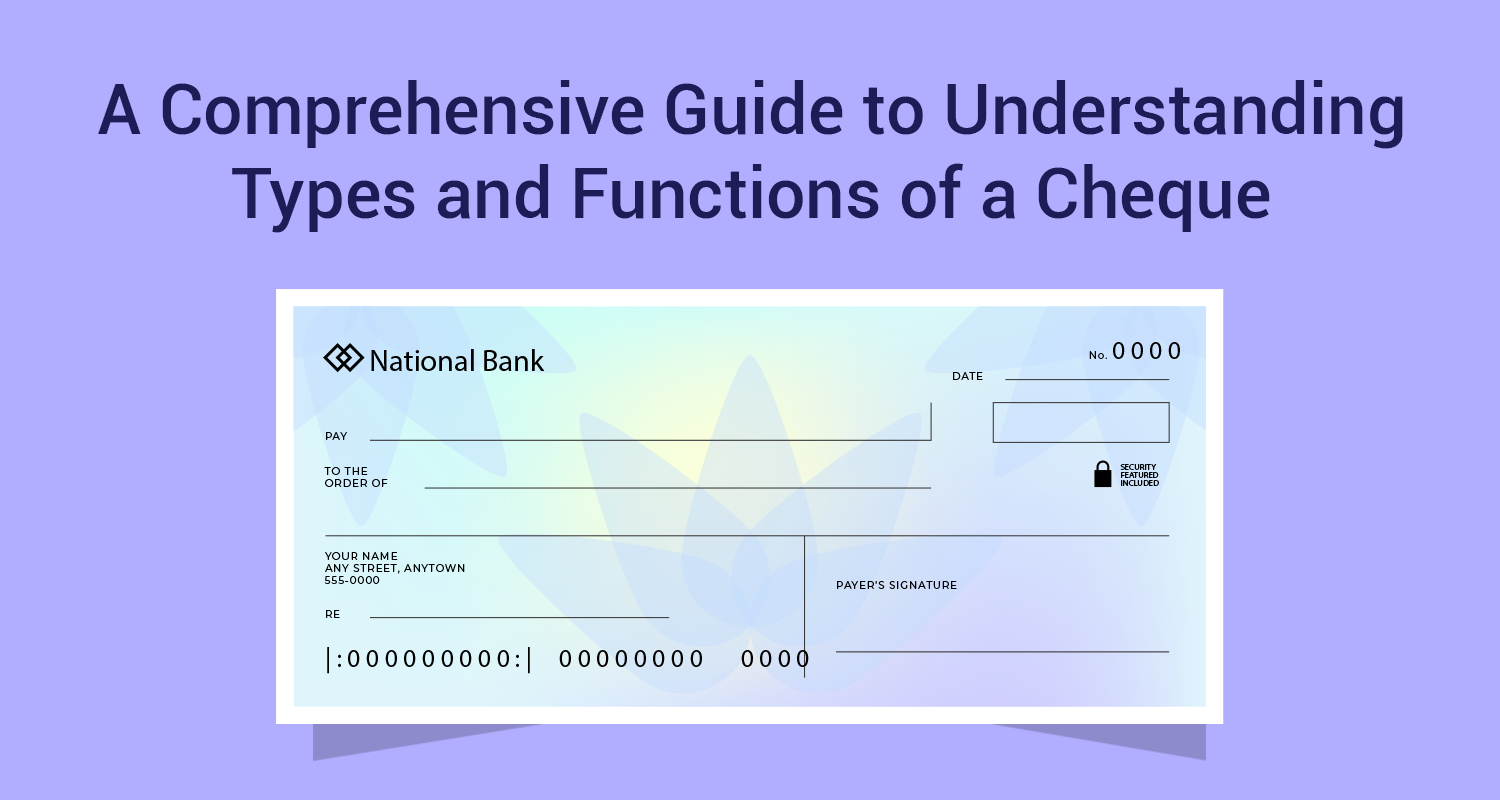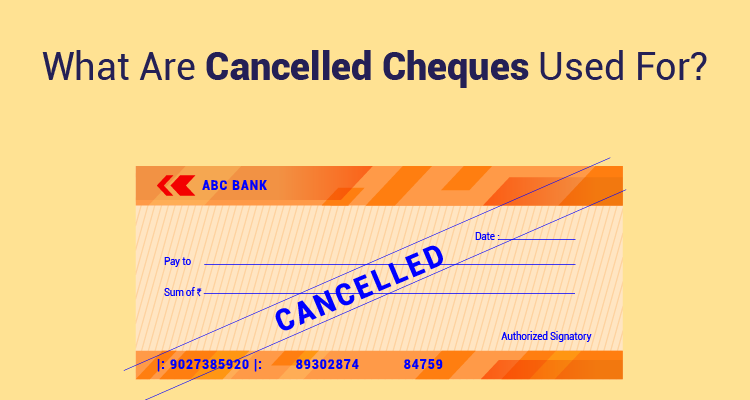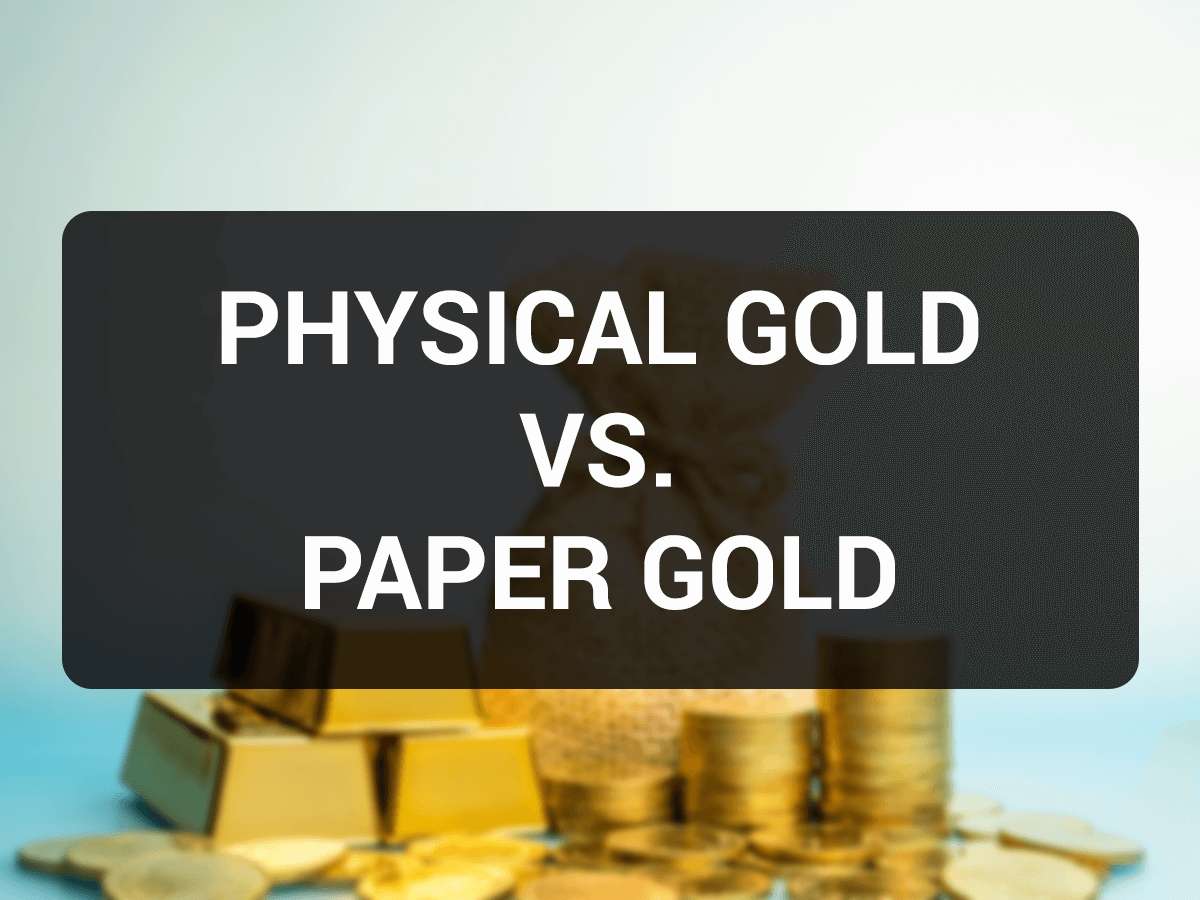Top Reasons Why One Should Invest in ELSS

An equity-linked saving scheme (ELSS) has emerged as an important means of tax saving and wealth creation for investors. With a predominantly equity portfolio, the ELSS is able to combine the best of tax saving and equity exposure to enhance returns to investors in post-tax terms. So why should you be investing in ELSS funds in the first place?

There are five clear reasons to invest in ELSS. While this is not exactly the exhaustive list, they do offer some indication of the unique merits of ELSS.
ELSS helps in wealth creation
Let us not forget that ELSS funds are essentially equity funds with a portfolio of quality equity stocks. Equities typically work best over the longer term and that is where ELSS funds bring an added advantage. Firstly, there is a 3-year lock-in period on ELSS investments. As a result, investors are forced to take a more long-term approach to equity investing. This not only inculcates a long-term approach but also demonstrates to the investors the benefits of holding equity funds for a longer period. Secondly, since a large part of the funds are locked in, fund managers are in a position to take a longer-term approach to invest. They are able to bet on stocks for a 2-3 years horizon. Also, the pressure to maintain liquidity for redemption is much lower in the case of ELSS. This indirectly assists in wealth creation.
ELSS is a good starting point
A very good way to start your exposure to equities can be through the ELSS route. All of us need to plan our taxes each year. Instead of going for products like PPF and endowments, here is a product that can give you the same tax break with a 3-year lock-in. That automatically makes your investment proposition attractive. Secondly, since you are going to have a 3-year holding period by default there is no compulsion on you to worry about short-term volatility in the prices. ELSS actually hits two birds with one stone. You save tax and you also get the tax benefit. So your initial investment is lower to the extent of your exemption and that enhances returns. That is surely a good way of experiencing the wealth creation of equities.
ELSS is tax efficient
The ELSS mainly became popular because of its tax breaks. It is quite easy to understand. Your annual contribution to ELSS is exempt from tax under Section 80C of the Income Tax Act so you get an exemption to the tune of 30% of your contribution (based on your tax slab). Let us assume that you buy a fund at NAV of Rs.100. After 3 years, the NAV reaches Rs.140. If it is a regular equity diversified fund then your CAGR returns are around 13%, which is decent enough. But if the same fund is an ELSS, then your initial investment stands reduced from Rs.100 to Rs.70 because of the tax break. That means y our investment doubled in 3 years giving you a yield of 24%. That is surely a lot more attractive. That is why the tax efficiency makes a huge difference.
ELSS syncs effortlessly with your financial plan
Most investors do not appreciate this aspect but it is very important when you widen your investment portfolio. You are supposed to start your financial journey with a financial plan which gives a colour of money to your dreams and then allocates SIPs to reach that target. Since ELSS is required to fit into your larger financial plan you can actually do a SIP on ELSS. This makes it much easier to synchronize your ELSS investments with your long-term financial plan compared to other tax saving classes.
Manage cash flows better through ELSS
This is an interesting aspect of ELSS and therefore needs a slightly more detailed understanding. Unlike other Section 80C investments like PPF and bank FDs, ELSS has a much shorter lock-in period of just 3 years. This is in contrast to 5-year lock in for Bank FDs and ULIPs and a 7-year lock in for PPF. This ensures that your cash flows can be churned much faster in an ELSS compared to other Section 80C instruments. Secondly, since you can structure your ELSS investment like a SIP, it actually helps you manage cash flows better. You can sync your contributions with your income flows and also ensure that early SIPs give you earlier exit from ELSS lock-in. All-in-all a better tool for cash flow management!
Disclaimer : The information in this blog is for general purposes only and may change without notice. It does not constitute legal, tax, or financial advice. Readers should seek professional guidance and make decisions at their own discretion. IIFL Finance is not liable for any reliance on this content. Read more



